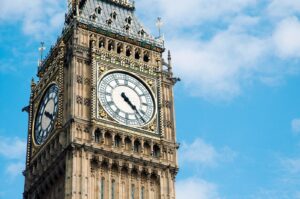 Local authorities in England are facing combined additional costs and income losses of almost £10bn as a result of the Covid-19 crisis, according to a new report.
Local authorities in England are facing combined additional costs and income losses of almost £10bn as a result of the Covid-19 crisis, according to a new report.
The report by the National Audit Office (NAO) claims councils have forecast a loss of £2.8bn of income in 2020-21, as a result of a reduction in their sales, fees and charges, commercial and other income streams.
Authorities expect to lose £695m alone from reduced car parking income, and £554m income from facilities such as leisure centres, theatres and museums that they run.
Further losses of £1.3bn in council tax and £1.6bn in business rates are expected but will not affect budgets until 2021-2022.
The report notes the Ministry for Housing, Communities and Local Government (MHCLG) has engaged extensively with local authorities to gather data on the financial impact of COVID-19.
Alongside other departments, it has so far announced £7.9 billion in grant funding to address the pressures facing the sector.
The NAO estimates that authorities will also receive £1.23 billion in compensation for lost sales, fees and charges income.
But it warns many local authorities still need to take further steps to ensure that they fulfil their legal requirement of balancing their books in 2020-21. Some 26% of single tier and county councils that responded to a NAO survey said they were forecasting a year end material overspend relative to their budget.
In most cases these authorities plan to use their reserves to balance their books.
Overall, 46% of single tier and county councils had either used their reserves, or planned to, in response to COVID-19 pressures in 2020-21.
‘Since it will now take local authorities until the middle of the decade to recover their pre-pandemic financial position, it would be better to focus attention to bolstering revenue spending on day-to-day services as much as the much-vaunted ‘tournament financing’ of levelling up and community cash pots announced in last week’s Budget, said Localis chief executive, Jonathan Werran.
‘In the absence of a multi-year spending review settlement to provide certainty, we should look to longer-term approaches to renewing and diversifying the local tax base, to address the over dependence on council tax and business rates and seek to recoup revenues that have evaporated during the last year.’


















Leave a Reply